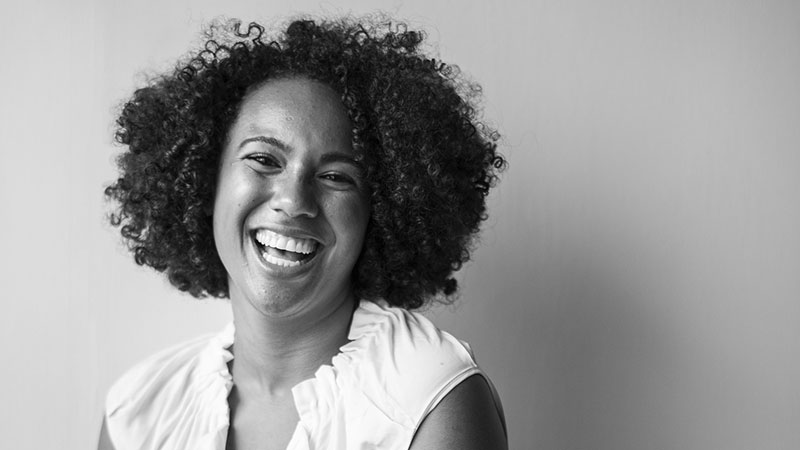It takes a great woman and a selfless heart to become a surrogate mother. In fact, surrogacy is a noble act of a courageous, compassionate, and loving woman. However, being full of love and ready to commit will not suffice. Every surrogacy program comes with certain requirements and a specific set of characteristics. Unfortunately, not everyone meets the strict criteria. However, the purpose of being so strict in choosing the right person is quite clear. A lot is at stake during the surrogacy process. First and foremost comes the health of both the surrogate mother and the baby.
As a matter of fact, surrogacy is rather delicate, even more than a regular pregnancy. So, there’s a specific set of rules and guidelines that agencies need to comply with in order to ensure a smooth and safe experience for every participant.
Surrogacy After Menopause?
The straightforward answer to this question is no. Postmenopausal women are typically not accepted by surrogacy agencies. Essentially, going into menopause is your body’s way of saying that your body can’t go through being pregnant anymore. In fact, there’s a rather high risk to carry a baby after menopause. So, as we’ve mentioned earlier, surrogacy is quite delicate and risky itself, which is why it’s not recommended for women in menopause.
Still, there are certain cases where grandmothers give birth to their grandchildren as surrogates. However, we’re talking about exceptional cases of surrogacy between family members here.
Technically speaking, you can be a surrogate mom even if you’re in menopause. But, we must bear in mind that this is not something that we would recommend. Basically, it’s in your best interest to be within the age range of 21 to 39 for numerous reasons. That’s the time when your body can have an easier and faster recovery.
Carrying a baby once you’ve gone through menopause carries along a long list of risks. And, it’s our responsibility to take care of you and your baby, which is why we don’t adhere to this type of surrogacy. In fact, for our surrogacy agency the most important requirements is that the surrogate mother is in her best childbearing years. Compromising this would lead to potential complications and risks, which we don’t want you to go through.
Surrogacy itself can be quite stressful. Carrying someone else’s child requires commitment, attention and focus throughout the entire pregnancy.
Health Risks
Research shows that women past a certain age develop the tendency to having certain health issues which would pose an unnecessary risk to the pregnancy. Here are some of them:
- Development of gestational diabetes
- Development of high blood pressure
- Having a premature birth resulting in a low birth weight baby
- Needing a C-section due to complications, such as placenta previa, a condition where the placenta acts as a barrier to the uterus and makes a vaginal delivery extremely dangerous
All in all, there’s a clear standpoint of surrogacy agencies when it comes to bearing someone’s child after menopause. The majority of agencies won’t accept women over the age of 40. The thing is, we know how complicated and risky surrogate pregnancies are in general. And, we want to make sure that there are no added risks to it. Getting into certain age inevitably leads our body through changes. And, menopause is a big change for women, which is why we don’t recommend undergoing the program of surrogacy after it.
It’s in our interest to keep you safe. In fact, our main goal is to take care of the surrogate mother and the baby. So, we’re just doing everything in our power to make the pregnancy and delivery go as smooth as possible.

